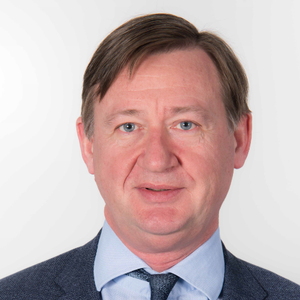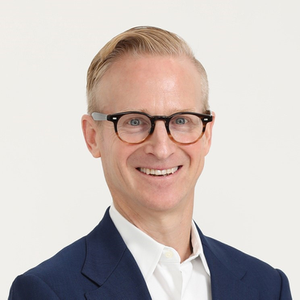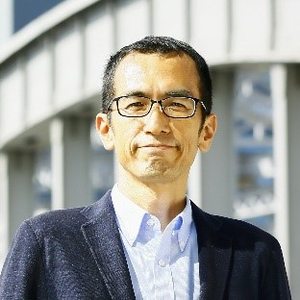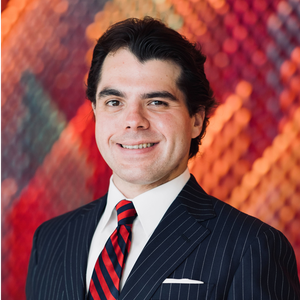Event Details
EICN Tokyo - Japan's energy struggle: Safety, security and sustainability
The only country less energy self-sufficient than Japan among the 36 members of the OECD, a rich-country club, is small, landlocked Luxembourg. Mr Kishida's administration has used the latest energy shock, of the Ukraine War, primarily to justify a revival of nuclear power. Its new energy-policy road map calls for "maximising the use of power sources that contribute to Japan's security and are highly decarbonising", including both nuclear and renewables.
Nuclear accounted for around 8% of the electricity supply last year; the latest government targets envision the share bouncing back to 22-24% by 2030. The government has also announced plans to extend the operating lifespan of reactors from 40 to 60 years and to build new ones. On the other hand, at present, Japan generates about half as much electricity from renewable sources as its European peers. Experts who seek to explain this are divided into two camps. One focuses on geographical limitations: a lack of flat land for solar panels and deep ocean shelves that make it relatively hard to install offshore wind turbines. The other reckons the barriers are primarily political: onerous regulation, vested interests and a system of regional power monopolies that do not share power effectively across the country. Under Mr Suga, reformist ministers sympathetic to the latter camp drove the recent progress on renewables; under Mr Kishida, voices from the former camp have once again come to dominate the policy debate.
What are the latest developments in Japan's race toward seemingly unreachable zero-carbon goals? What awaits the industrial sector and consumers if energy prices remain high amidst shy economic growth? What are the implications for businesses, or indeed the opportunities, as Japan tries to find alternatives to its energy conundrum? Energy is one of the topics that we at EICN feel compelled to include in our event calendar every year. Join us to engage with experts on the technical, bureaucratic, and corporate challenges of Japan's energy reality.
Dress code: Business attire.
Please note that this event is limited to senior-level executives and per invitation only. If you are not an existing member of The Economist Intelligence Corporate Network, but would like to learn how you can attend our events, please contact us.






